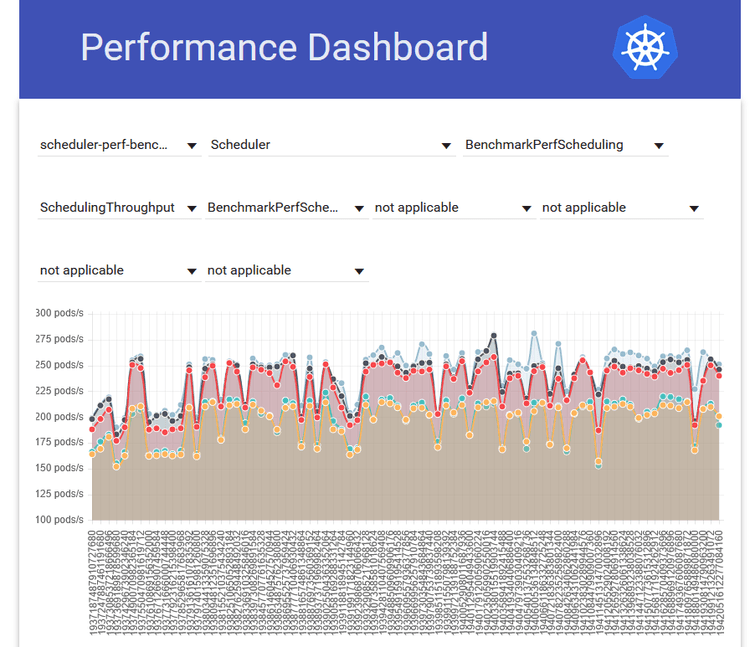
Benchmark Testing of the Kubernetes Scheduler
Toru Komatsu
At Preferred Networks (PFN), we conduct research and development to deeply understand the latest advances in computer science so that we can create new technologies with our own hands. PFN brings together experts from diverse fields, enabling ideas to take shape through the fusion of multiple domains of knowledge. We continue to develop original technologies that anticipate the future, taking on unresolved challenges across industries.
PFN also releases part of its research output as open source software (OSS), including the Optuna™ framework for automated hyperparameter optimization, the CuPy™ library for GPU matrix calculations, and selected models from the PLaMo™ family of large language models.
This blog is written by PFN engineers and researchers to share insights on the latest research achievements, as well as the technologies behind our products and services.

Toru Komatsu
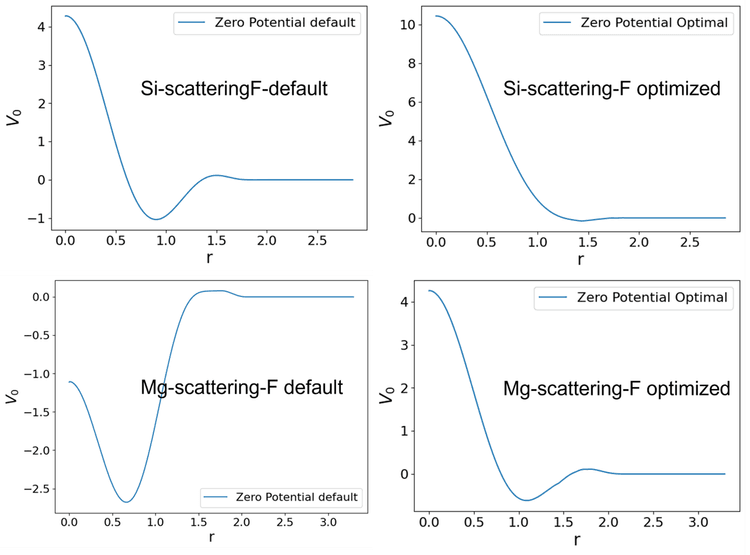
Ryo Nagai
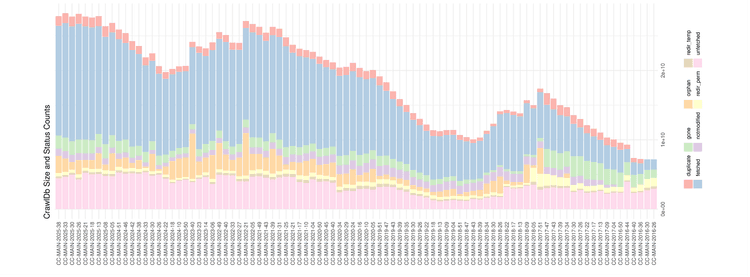
Tianqi Xu
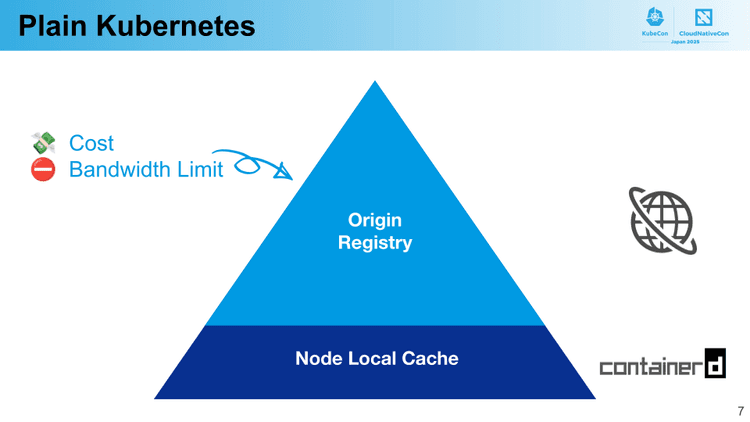
Hidehito Yabuuchi

Fabrice Matulic
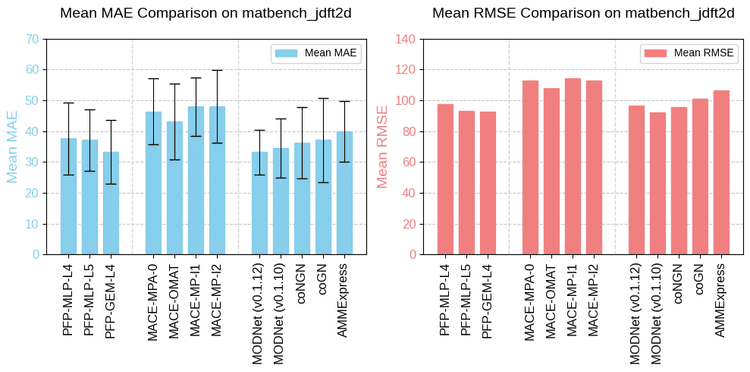
Zetian Mao

CuPy™ is an open-source matrix library accelerated with NVIDIA CUDA. It has a NumPy-compatible interface and uses CUDA-related libraries including cuBLAS, cuDNN, cuRand, cuSolver, cuSPARSE, cuFFT, and NCCL to make full use of the GPU architecture. CuPy was born as a GPU backend of Chainer, and it has been separated from Chainer into an independent package from 2017.

Optuna™ is an open-source automatic hyperparameter optimization framework which automates the trial-and-error process of optimizing the hyperparameters. It automatically finds optimal hyperparameter values based on an optimization target. Optuna is framework agnostic and can be used with most Python frameworks, including Chainer, Scikit-learn, Pytorch, etc. Optuna is used in PFN projects such as Kachaka autonomous mobile robot, Matlantis universal atomistic simulator and more.
PFN has released some PLaMo models—developed through the GENIAC project—as well as other LLMs fine-tuned on additional data, as open models.
GENIAC (Generative AI Accelerator Challenge) is a project led by Japan’s Ministry of Economy, Trade and Industry (METI) and the New Energy and Industrial Technology Development Organization (NEDO) to strengthen Japan’s capabilities in developing foundation models for generative AI.

